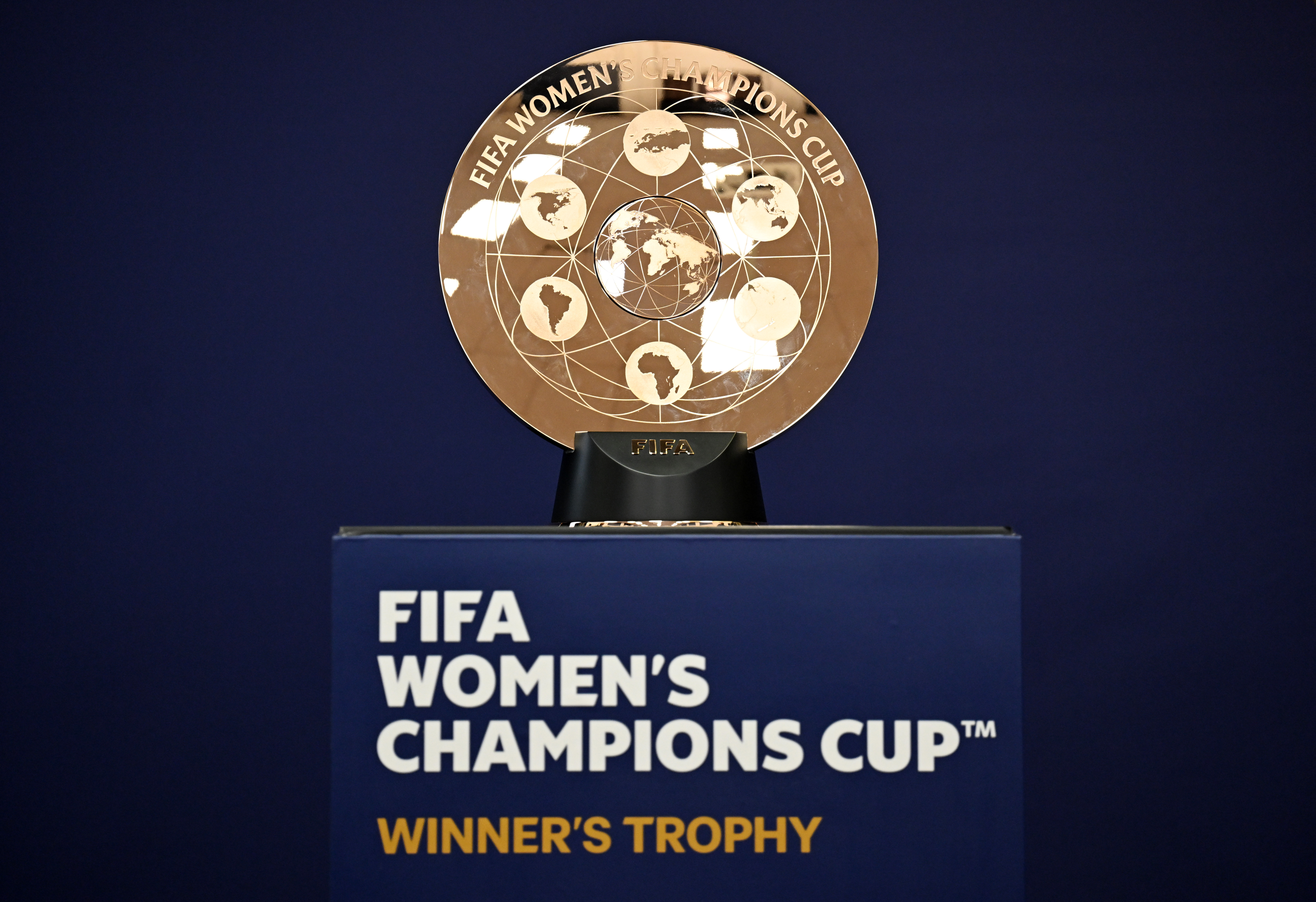The question that should haunt Capello
...and it isn't whether to pick Michael Owen.
Football is a simple game, Terry Venables likes to joke, itâÂÂs the players who make it complicated.
And one way they seriously complicate football is by forcing each coach to decide how much freedom to give them.
Rinus Michels and Otto Rehhagel represent the polar extremes of this dilemma.
Such a strict disciplinarian off the pitch he was dubbed The General, Michels gave the stars of Ajax and Holland in the 1970s the freedom to make decisions during a game as long as they remembered their first duty was to the team, not themselves.
In contrast, Rehhagel drilled his Greek players like a regimental sergeant major knocking rookies into shape.
His players were told how to play, when to run and which space to occupy in many different scenarios.
The best features, fun and footballing quizzes, straight to your inbox every week.
By character, experience and tradition, Fabio Capello is more Rehhagel than Michels.
The ItalianâÂÂs âÂÂLetâÂÂs hear them eyeballs rolling in their sockets!â approach instilled a useful discipline, earned cheap tabloid applause and had ITV commentator Peter Drury drooling into what must, by now, be a very soggy microphone.
CapelloâÂÂs subsequent sessions with the squad highlighting every error â even one as minor as a central defender jogging back at three-quarter speed â have undoubtedly been instructive and contributed to EnglandâÂÂs efficient qualification from a relatively easy group.
But CapelloâÂÂs feat should not blind us to the fact that players, not coaches, usually write the World Cup script.
The trophy is not often won by robotic efficiency. And the true greats who become synonymous in our memory with a particular World Cup arenâÂÂt just talented.
They have the audacity and ingenuity to depart from their brief if things arenâÂÂt going well.
EnglandâÂÂs only World Cup victory, in 1966, is in part a contrasting tale of two geniuses and the way their coaches handled them.
Recognising that Bobby Charlton was, as Alan Ball put it, âÂÂour PeleâÂÂ, Sir Alf Ramsey gave him a roving brief.
He was such a threat â scoring three goals, including a brace in the semi-final â that West Germany manager Helmut Schoen ordered his best player, Franz Beckenbauer, to mark the comb-over king in the final.
If the Kaiser, who was only 20, had ignored Schoen, football history might have been very different.
In 1974, Schoen gave Beckenbauer the freedom, as libero, to decide when to hit a pinpoint pass or rampage down the middle.
British industry â and football is no exception to this rule â has been slow to accept the growing body of evidence, largely generated in an America that likes to call itself a meritocracy, that the best way for a business to solve a problem is make it the employeesâ problem.
If you think about your own experience, the American approach makes sense: imagine how satisfying it would be if the next time you rang customer service, the person who answered had the authority and the wit to solve your query on the first call.
On the pitch in a World Cup, the speed with which problems are resolved can be the difference between triumph and despair.
The question that will haunt Capello as national hysteria mounts ahead of 2010 is: will he give his players the freedom to use their ingenuity on the pitch?
As David Pleat noted in The Guardian, the troubling aspect of EnglandâÂÂs final World Cup qualifier was the way the team â laid out in a two-wingered 4-4-2 in the absence of Wayne Rooney and Steven Gerrard â were âÂÂunable to command the ballâ against BelarusâÂÂs tight, fluent, one-touch passing in a five-man midfield.
It was hard not to watch England doggedly persevering with Plan A with ever-diminishing conviction â and returns â because they didnâÂÂt know what else to do and wonder what such hapless obedience might cost England against a side like Spain.
Luckily David Beckham came on. Steve BruceâÂÂs man of the match award irritated Don Fabio.
But I could understand BruceyâÂÂs reasoning: Beckham was the only England player who imposed his vision on the game.
Whether so ordered by Capello, or believing that with 115 caps, he should just have a go, he struck long, audacious passes that disrupted Belarus, changing the pattern of play and the momentum of the game.
Granted, Beckham has the touch to make most of these passes productive but why couldnâÂÂt Frank Lampard have passed more creatively?
Lampard is a vital source of energy, goals and craft but for his country he is typically a bellwether player, impressing if England are on song and looking frankly average if England arenâÂÂt.
And BeckhamâÂÂs 35 minutes had more impact than LampardâÂÂs 90.
Beckham is one of a handful of players in the England camp with the ingenuity to be given their heads.
The re-emergence of Joe Cole, one of the few England players with CharltonâÂÂs versatility, gives Capello another.
Patrick Barclay nominates Rooney as the âÂÂcreative and dynamic force capable of turning a team into world champions.âÂÂ
But two things must happen if Rooney is to become CharltonâÂÂs World Cup-winning heir: he will have to start making his own decisions on the pitch, and Capello will have to let him do that.
In the last two quarter-finals â against Brazil in 2002 and Portugal in 2006 â England were dumb and dutiful as they chased a lost cause.
With expectations rising almost on a daily basis, the nation will not easily forgive Capello â or the FA â if, next summer, England are knocked out in the last eight after a slightly more efficient version of dumb and dutiful.
--------------------------------------------------
FourFourTwo.com: More to read...
More Professor Champions League blogsBlogs HomeChampions League NewsChampions League statistics
News Home
 Join The Club
Join The Club





